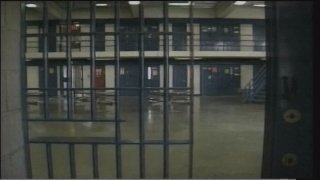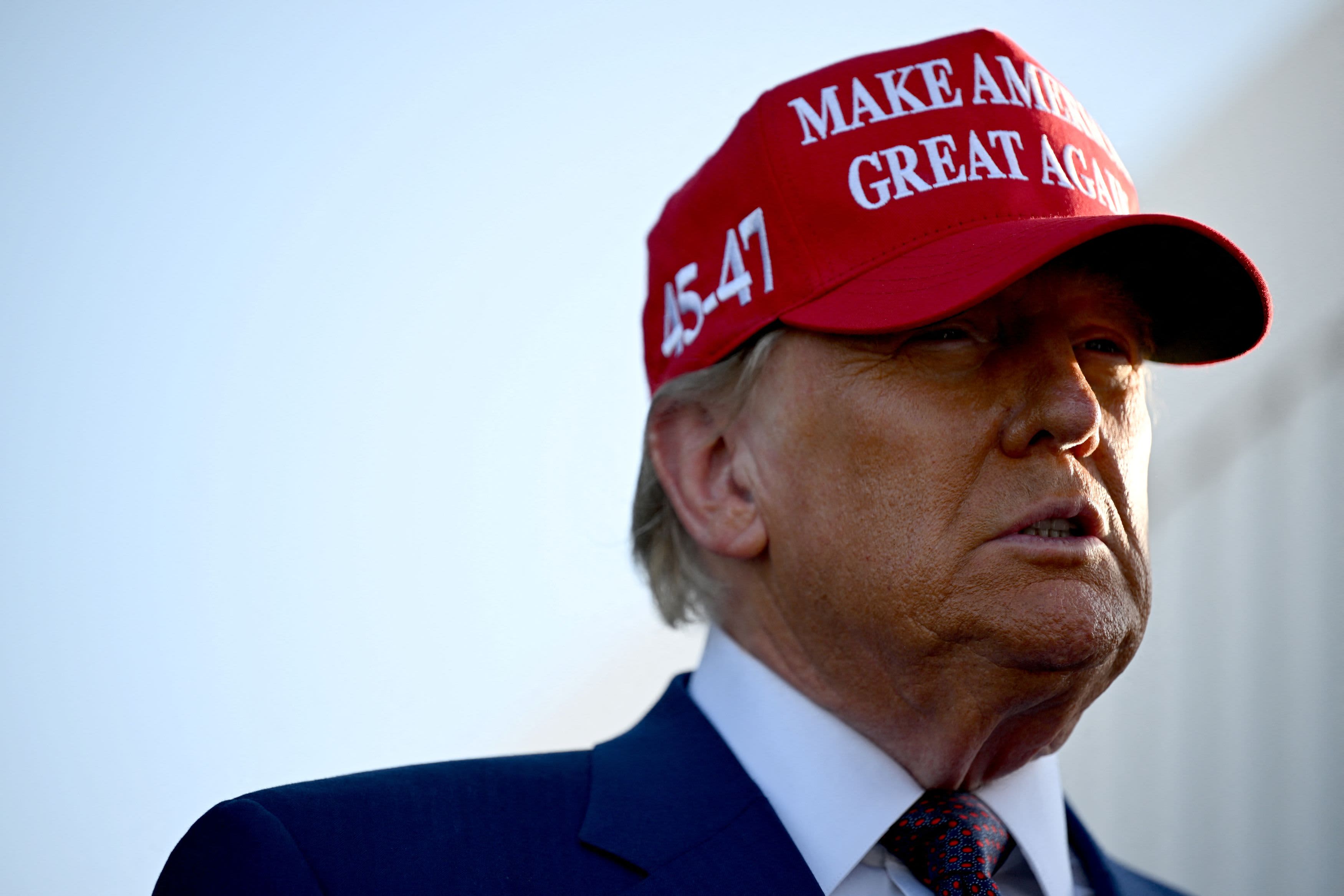
Fresh from months of protests over the police killings of people of color and national angst over racial inequities in the criminal justice system, California voters rejected an effort to roll back reforms targeting mass incarceration and reinstate tougher criminal penalties. But they also overturned a state law that would have ended what critics call a predatory cash bail system, another change long sought by reformers.
The seeming incongruence does not undermine voters’ recent shift away from the get-tough practices of the past, analysts said Wednesday.
Rather, the bail change fell victim to an unusual coalition of opponents on both the left and right, leaving supporters scratching their heads on how to move forward.
“Those attacks from both sides led to its failure, even though what we see in the state overall is a real support for progressive reforms,” said University of California, Irvine, criminologist Keramet Reiter.
More than six in 10 voters stood by reduced criminal penalties that they endorsed in previous ballot measures in 2014 and 2016. A similar margin restored voting rights to people on parole.
They rejected Proposition 20, which would have rolled back some of those provisions by again barring those convicted of certain serious offenses from earlier release. It also would have boosted penalties for repeated retail thefts, toughened parole standards and allowed for broader DNA collections.
Recent civil rights protests may have played a role in voters’ decision, said Public Policy Institute of California criminal justice researcher Magnus Lofstrom.
Politics
“It is essentially a rejection of those movements away from the changes that were implemented" in 2014 and 2016 and concern that would “potentially increase racial disparity,” Lofstrom said.
Richard Temple, political consultant for the campaign led by law enforcement and victims’ rights organizations, said in a statement that the measure failed because “we just weren’t able to educate as many Californians as we’d hoped on how Prop. 20 would tackle violent crime and retail theft.”
Voters saw a distinction between the proposed criminal penalty rollback and bail reform, said Laurie Levenson, a law professor at Loyola Law School and former federal prosecutor.
“I think most people just realized we’ve tried this approach to just criminalize everything, and it hasn’t worked out real well — it didn’t make it safer, put a lot of people in prison, it just disrupted their lives forever and it was not a path toward a better, safer society,” she said.
Yet even many who oppose the cash bail system were deterred by fears that the alternative laid out in a first-in-the-nation law in 2018 could be worse, she said. Critics of the law ending cash bail worried about giving judges too much discretion and putting too much emphasis on algorithms that could keep more people behind bars in some places without removing racial disparities.
The bail industry delayed the law until voters could weigh in with Proposition 25, where 55% voted to keep the current system.
In a statement, American Bail Coalition executive director Jeffrey Clayton called the defeat “a generationally significant moment” in whether suspects retain the constitutional right to bail.
But he and former Democratic Assemblyman Mike Gatto, speaking for the broader diverse coalition of opponents, said they want to work with supporters on other bail reforms, just not its elimination.
Democratic state Sen. Robert Hertzberg, who wrote the 2018 law, blamed the defeat on its last-place position among ballot measures, confusion over whether a “yes” or “no” vote signified support for change, and the well-funded opposition. However, supporters outraised and outspent the opposition.
Voters also were confused by a judicial order setting bail at zero for lower-level offenses during the coronavirus pandemic, Hertzberg said, adding that the order lacked the safeguards of his law.
Nonetheless, he said, “I think that the bail industry is on oxygen, and there’s not much oxygen left in the tank.”
The state Supreme Court is considering requiring judges to take suspects’ ability to pay into account when setting bail, a decision that Hertzberg said could rob the industry of its profit margin. A federal class-action lawsuit accuses the industry of anti-trust violations by colluding on setting rates. And lawmakers could consider other restrictions to the way the industry does business.
But voters' rejection makes legislative changes tougher, said Democratic Assemblyman Rob Bonta, who supports eliminating cash bail.
Lawmakers can't legally come back with a substantially similar law, since voters have weighed in. And its rejection will have a “chilling effect,” he said, because some lawmakers will feel voters have spoken and because the bail industry has proved its power.
“There’s new life breathed into their industry for the time being,” Bonta said, but "their days are numbered.”
There is broad consensus that the bail system needs to be fixed, though it’s unclear how proponents will proceed, said Lenore Anderson, founder of Californians for Safety and Justice, which backed ending cash bail and opposed rolling back criminal justice changes.
“We have seen a sea change and an enlightenment where voters are no longer falling for ... the fearmongering, they’re no longer believing that we are going to incarcerate our way to safety,” she said. “Prop. 25 notwithstanding, the message from voters is unmistakable.”
___
Find AP’s full election coverage at APNews.com/Election2020.



